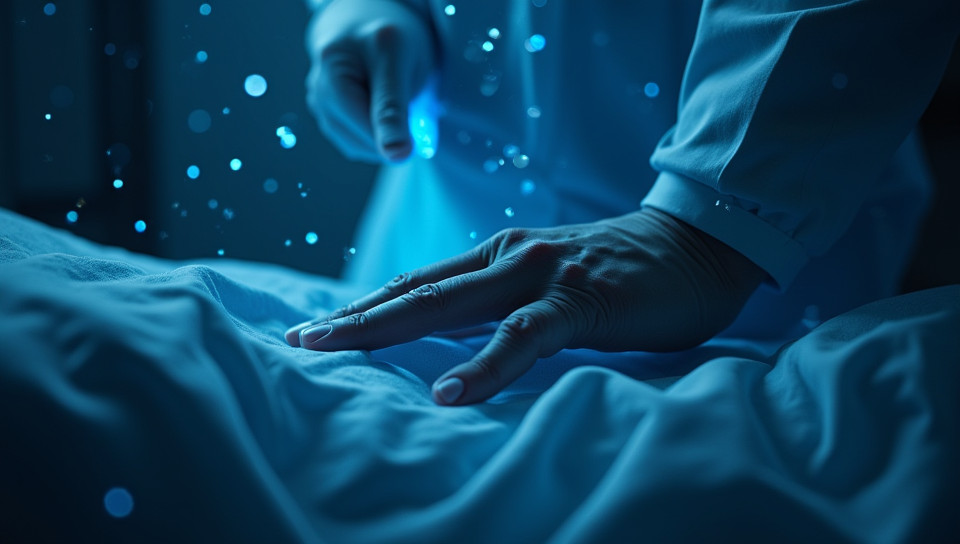Shift work disrupts melatonin production 76%

The Dark Side of Shift Work: How It Affects Your Body's Internal Clock
As the world becomes increasingly 24/7, shift work has become more and more common. From night shifts to rotating schedules, many of us are putting in hours outside of the traditional 9-to-5. But have you ever wondered how this irregular schedule affects your body? Specifically, how does it impact melatonin production?
The Importance of Melatonin
Melatonin is a hormone that regulates our sleep-wake cycles. Produced by the pineal gland, it helps us feel drowsy at night and alert in the morning. When we're exposed to light, especially natural sunlight, our body produces less melatonin. This is why we tend to feel more alert during the day.
Shift Work Disrupts Melatonin Production
Research has shown that shift work can significantly disrupt melatonin production. When we work at night and sleep during the day, our bodies are forced to adapt to an irregular schedule. This can lead to a decrease in melatonin levels, making it harder to fall asleep and stay asleep.
Here are some ways shift work can affect melatonin production: - Delayed melatonin release - Reduced melatonin levels - Irregular sleep-wake cycles
The Consequences of Melatonin Disruption
When our melatonin production is disrupted, we can experience a range of negative effects. These include:
- Difficulty falling asleep and staying asleep
- Fatigue and lethargy during the day
- Increased risk of chronic diseases like diabetes and heart disease
- Weakened immune system
- Mood disturbances such as depression and anxiety
Taking Control of Your Melatonin Production
While shift work can disrupt melatonin production, there are steps you can take to minimize its effects. Here are a few tips:
- Establish a consistent sleep schedule
- Create a dark, quiet sleep environment
- Avoid caffeine and electronic devices before bedtime
- Stay active during the day to help regulate your body's internal clock
Conclusion
Shift work may be necessary for some of us, but it doesn't have to mean sacrificing our physical and mental health. By understanding how shift work affects melatonin production and taking steps to mitigate its effects, we can take control of our bodies' internal clocks. Whether you're a night owl or a morning lark, prioritize your sleep and make healthy lifestyle choices to stay healthy and thrive in a 24/7 world.
- Created by: Miguel Ángel Acosta
- Created at: Oct. 13, 2024, 7:41 a.m.
- ID: 12303







